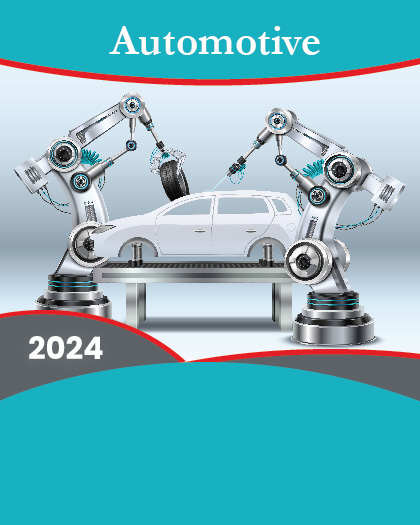
The global automotive shredded residue (ASR) market is valued at approximately USD 1.1 billion in 2023 and is projected to grow with a robust CAGR of around 5.8% over the forecast period 2024-2032. The automotive shredded residue industry revolves around the management, recycling, and disposal of materials left after the shredding of end-of-life vehicles (ELVs). When vehicles reach the end of their operational life, they are dismantled, and reusable parts are extracted. The remaining hulks are shredded into smaller pieces, resulting in ASR, a complex mix of ferrous and non-ferrous metals, plastics, glass, rubber, textiles, and other materials. The industry primarily focuses on recovering valuable materials from ASR, making it a critical component of the circular economy within the automotive sector.
Market dynamics in the ASR industry are shaped by several key factors, including the growing emphasis on circular economy initiatives, technological advancements, and regulatory pressures. The circular economy's focus on reusing and recycling materials is a significant driver, encouraging the development of efficient ASR management solutions to recover valuable materials from ELVs. Technological advancements, particularly in separation technologies, have also bolstered the industry by improving recovery rates and reducing waste. However, the high operational costs associated with advanced recycling technologies pose a challenge to market growth, particularly for smaller recycling firms. Additionally, the complex composition of ASR and market volatility for recycled materials further hinder market expansion.
Despite these challenges, the market is ripe with opportunities, particularly in the development of eco-friendly products from recycled ASR materials. Advances in material science and recycling processes open up avenues for creating high-quality, sustainable products that meet the growing demand for eco-friendly solutions across various industries. Furthermore, the global increase in vehicle production and sales is driving demand for ASR processing, as more vehicles reach the end of their lifecycle, necessitating efficient recycling technologies.
Regionally, North America stands out as a significant contributor to ASR generation, supported by its robust automotive industry and stringent environmental regulations. These regulations compel manufacturers and recyclers to invest in advanced shredding and recycling technologies, resulting in higher ASR recovery rates. The region's mature recycling infrastructure and established network of shredding facilities also facilitate effective ASR management. Meanwhile, the Asia-Pacific region is emerging as the fastest-growing market for ASR, driven by the rapid expansion of the automotive industry in countries like China, India, and South Korea. The region's growing population, rising urbanization, and governmental emphasis on sustainable practices have spurred investments in ASR processing technologies, positioning Asia-Pacific as a key player in the global ASR market.
Major market players included in this report are:
Sims Limited
Galloo Group
Toyota Tsusho Corporation
Liberty Steel Group
LKQ Corporation
Kuusakoski Group
GFG Alliance
Metso Outotec
Schnitzer Steel Industries, Inc.
European Metal Recycling
The detailed segments and sub-segment of the market are explained below:
By Application
Landfill
Energy Recovery
Recycling
By Composition
Metals
Plastics
Rubber
Textile
Others
By Technology
Air Classification
Optical Sorting
Magnetic Separation
Eddy Current Separation
Screening
Others
By Region:
North America
U.S.
Canada
Europe
UK
Germany
France
Spain
Italy
ROE
Asia Pacific
China
India
Japan
Australia
South Korea
RoAPAC
Latin America
Brazil
Mexico
RoLA
Middle East & Africa
Saudi Arabia
South Africa
RoMEA
Years considered for the study are as follows:
Historical year - 2022
Base year - 2023
Forecast period - 2024 to 2032
Key Takeaways:
Market Estimates & Forecast for 10 years from 2022 to 2032.
Annualized revenues and regional level analysis for each market segment.
Detailed analysis of geographical landscape with Country level analysis of major regions.
Competitive landscape with information on major players in the market.
Analysis of key business strategies and recommendations on future market approach.
Analysis of competitive structure of the market.
Demand side and supply side analysis of the market.
























